Chinese State Councilor and Foreign Minister Qin Gang on Sunday met with Japanese Foreign Minister Yoshimasa Hayashi, who is on a two-day visit to China. The two foreign ministers agreed to strengthen dialogue and communication, and advance practical cooperation.
In the face of the current world intertwined with turmoil and change, there are both opportunities and challenges in China-Japan relations, Qin said.
Noting that 2022 marks the 50th anniversary of the normalization of China-Japan diplomatic relations, Qin said the meeting between the leaders of the two countries in Bangkok last year charted the course for bilateral relations.
This year marks the 45th anniversary of the signing of the China-Japan Treaty of Peace and Friendship, Qin noted, calling on both sides to review the spirit of the treaty, strengthen exchanges and communication, and push forward the bilateral relations.
Peaceful coexistence and friendly cooperation are the only right choice for China-Japan relations, Qin said.
He said Asia is the most dynamic and promising region in the world today, adding that maintaining regional peace and promoting common development are the general aspirations shared by all countries.
Facing disputes and conflict, forming cliques and exerting pressure won't help solve the problems, Qin said. "It will only deepen each other's estrangement."
The four China-Japan political documents has laid the political and legal foundation for the relationship between the two countries, Qin said, adding that keeping promises and taking history as a mirror are important prerequisites for the stable and long-term development of bilateral relations.
Qin expressed his hope that the Japanese side will establish the correct understanding toward China, bring out political wisdom and responsibility and work with China to strengthen dialogue and communication, advance practical cooperation, as well as people-to-people and cultural exchanges.
He also called for properly managing differences to remove obstacles and reduce the burden for bilateral relations, aimed at building China-Japan relations that meet the requirements of the new era.
The discharge of Fukushima nuclear-contaminated wastewater into the sea is a major issue concerning human health and safety, Qin said, urging the Japanese side to deal with it responsibly.
The U.S. used bullying to suppress the Japanese semiconductor industry, and now it is repeating its old tricks against China, Qin noted, adding that the blockade will only further stimulate China's determination to be self-reliant.
As a member of the Group of Seven (G7) and Asia, Japan should do more things that are conducive to regional peace and stability, and build a genuine consensus in the international community, said Qin.
Qin reiterated that the Taiwan question is at the heart of China's core interests and concerns the political foundation of China-Japan relations.
China urges Japan to abide by the principles and promises of the four China-Japan political documents, not to meddle in the Taiwan question or damage China's sovereignty in any form.
For his part, Hayashi said Japan-China relations have tremendous development potential.
Noting that this year marks the 45th anniversary of the signing of the Japan-China Treaty of Peace and Friendship, Hayashi said the Japanese side is willing to work with China to implement the important consensus reached by the two leaders of both sides and abide by the four Japan-China political documents.
Japan stands ready to strengthen communication and practical cooperation at all levels with China, properly manage each other's concerns, aim to promote the building of constructive and stable Japan-China relations, and jointly make positive contributions to regional and global prosperity and stability as responsible countries, he added.
Regarding the case of a Japanese citizen suspected of engaging in espionage activities in China, Qin said China will deal with it according to the law.








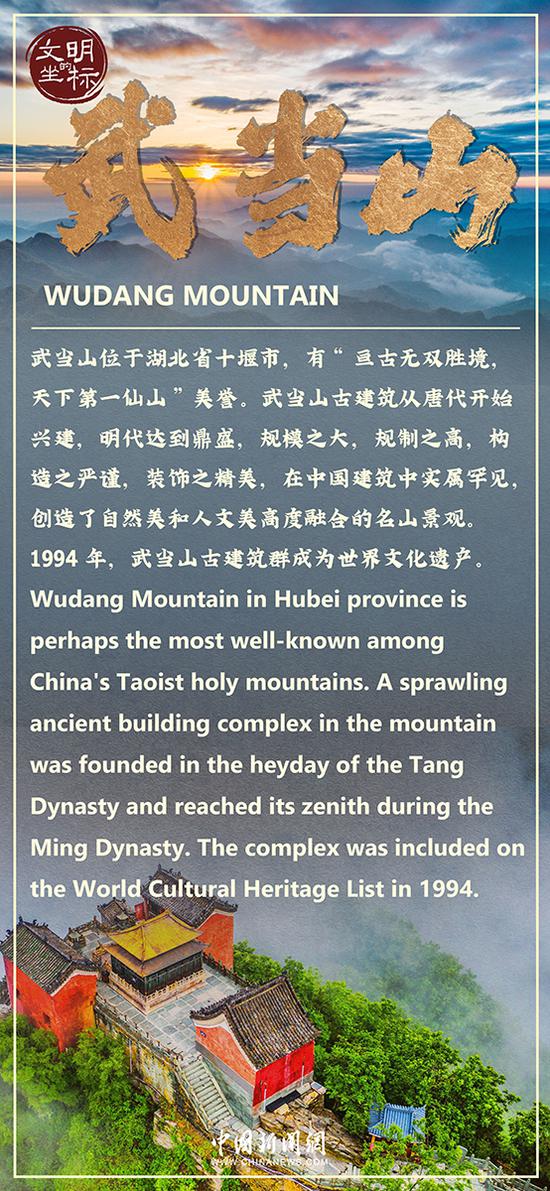
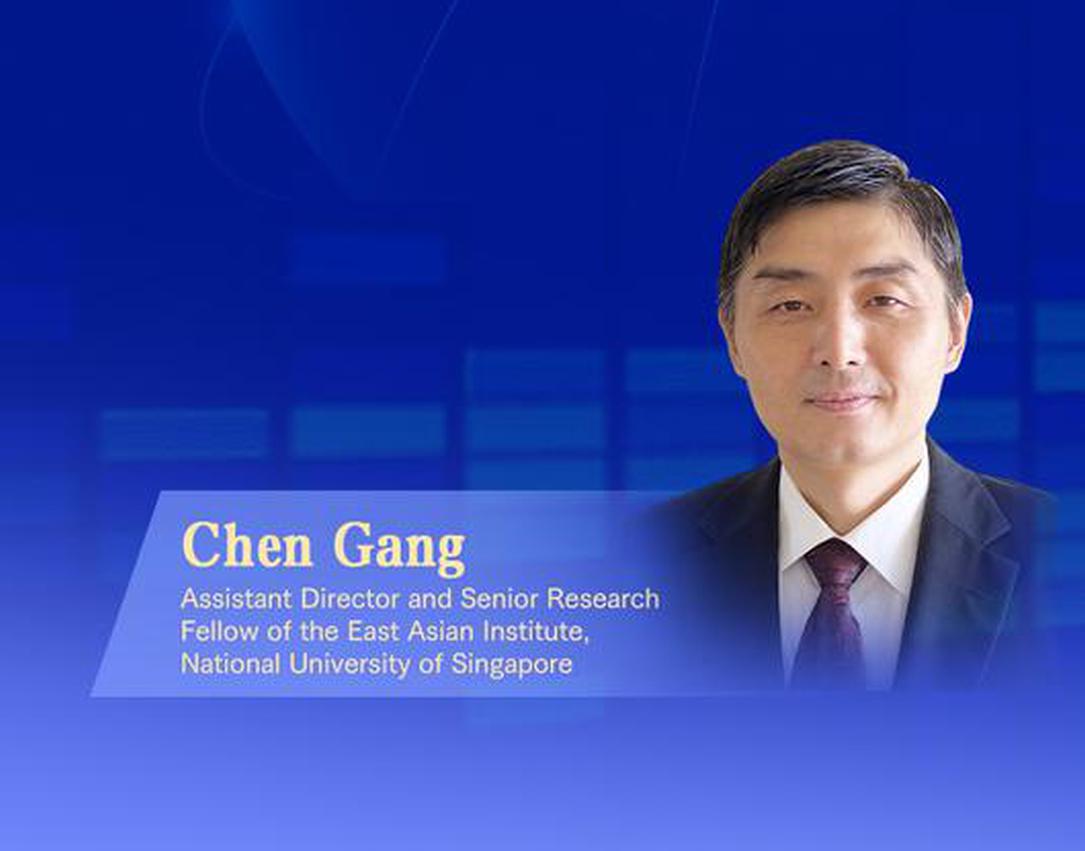

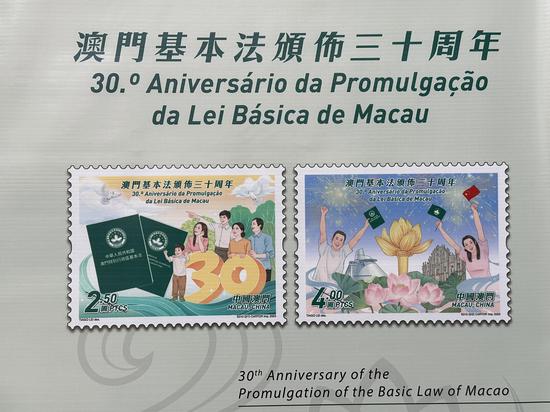



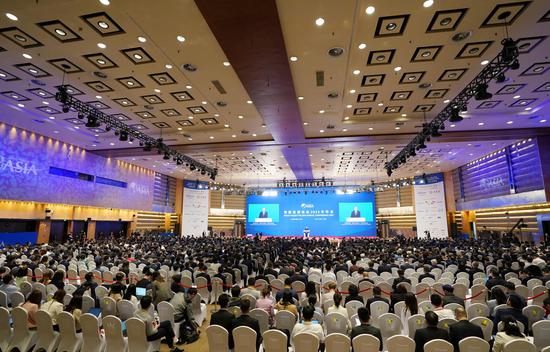
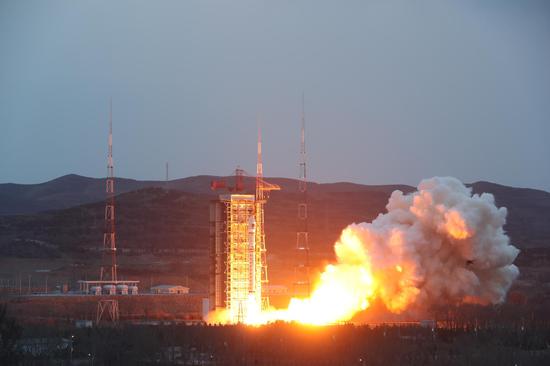
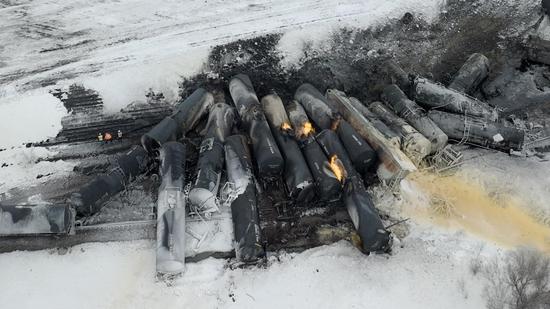






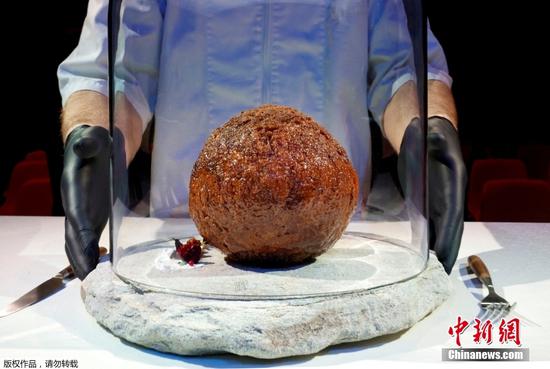
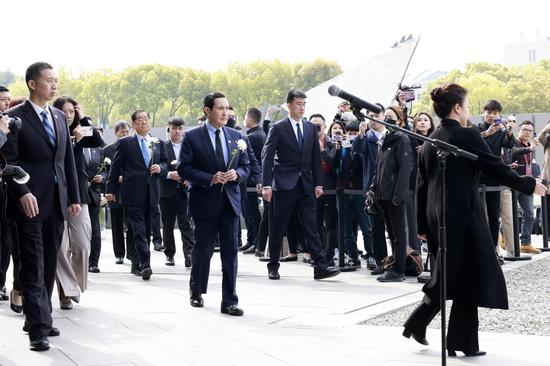
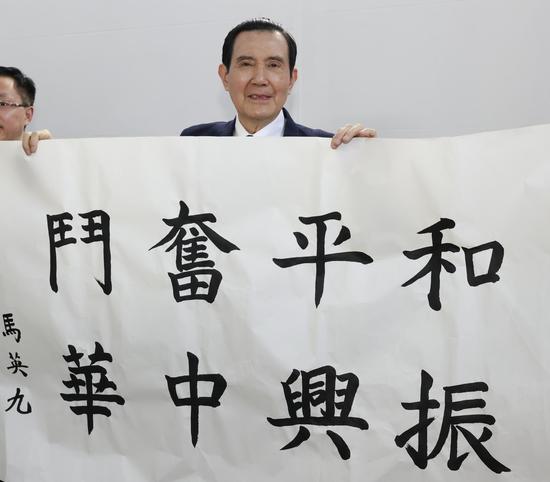



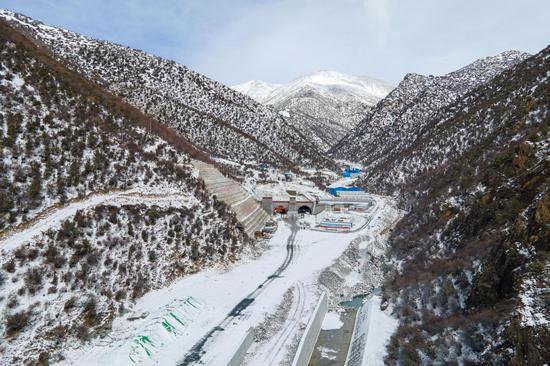
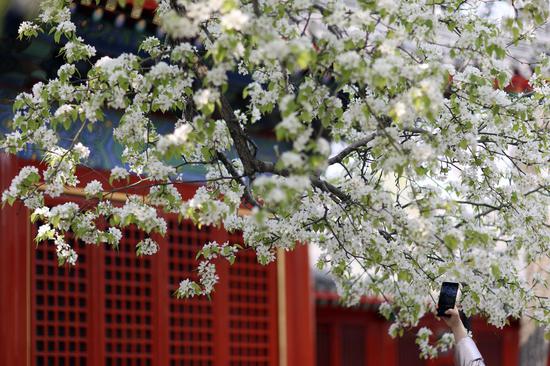
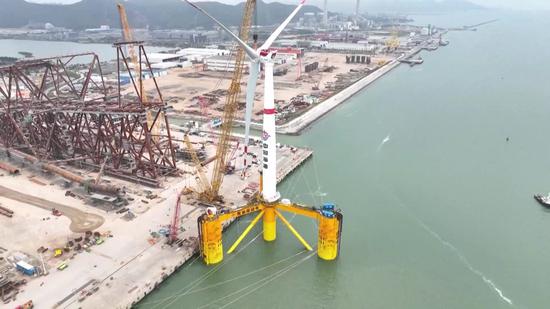

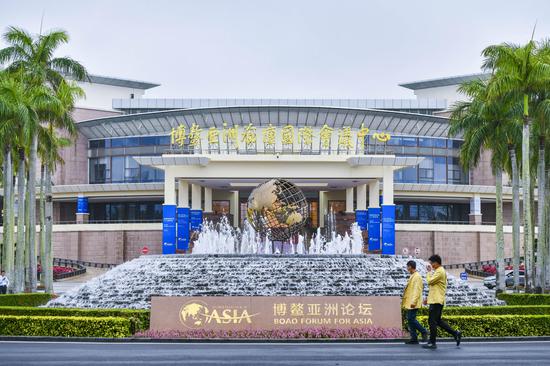









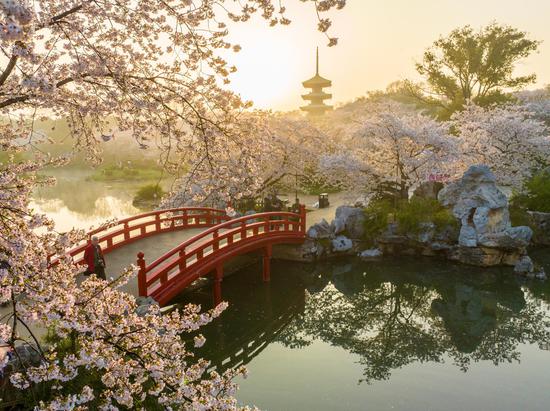





 京公网安备 11010202009201号
京公网安备 11010202009201号